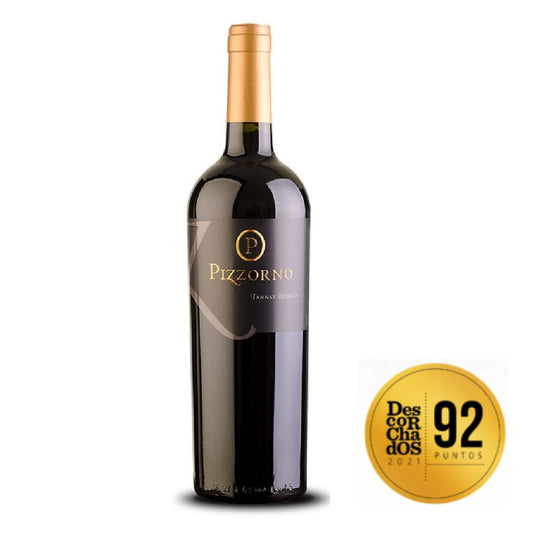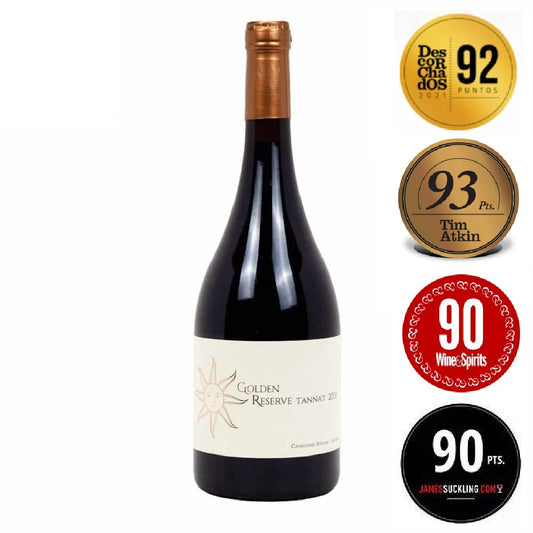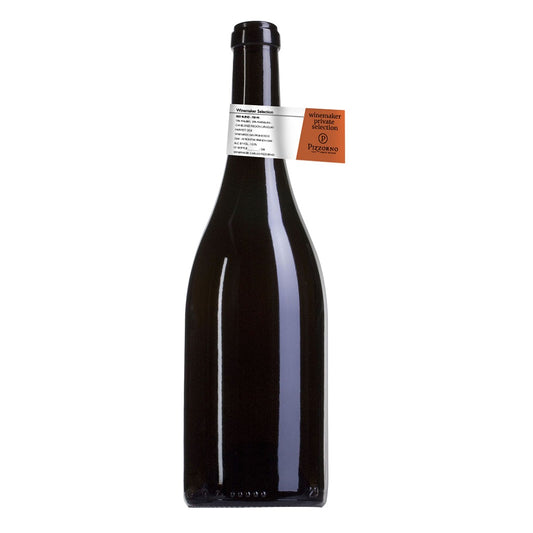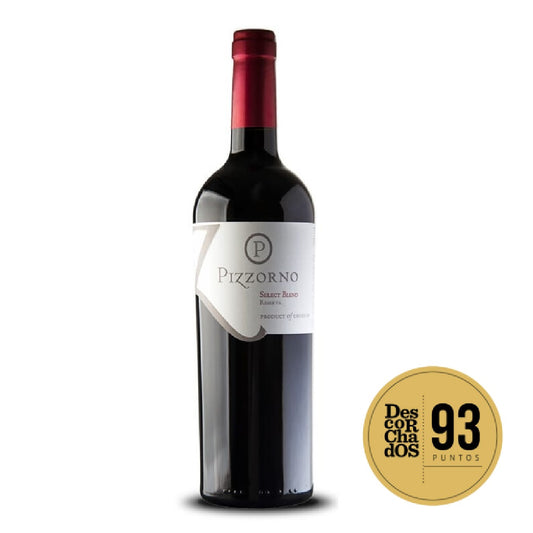-
Pizzorno Tannat Reserva
Regular price $28.00 USDRegular priceUnit price per -
Golden Tannat
Regular price $42.00 USDRegular priceUnit price per -
Winemaker Selection Malbec Marselan
Regular price $28.50 USDRegular priceUnit price per -
Pizzorno Select Blend
Regular price $30.50 USDRegular priceUnit price per
Bodegas Pizzorno
Established in 1910 Pizzorno family fourth generation continues the family legacy of love and respect for nature that began over a century ago, without losing a single characteristic of their winemaking tradition. However, Carlos Pizzorno has incorporated modern techniques in the vineyards and winemaking looking to maintain and improve oenological excellence.
The wines made today by Pizzorno Family Estates represent a rich and prosperous land. Carlos Pizzorno is the leader of a family that knew how to evolve because they believed in that land and continued to work tirelessly due to his great passion for wine.





